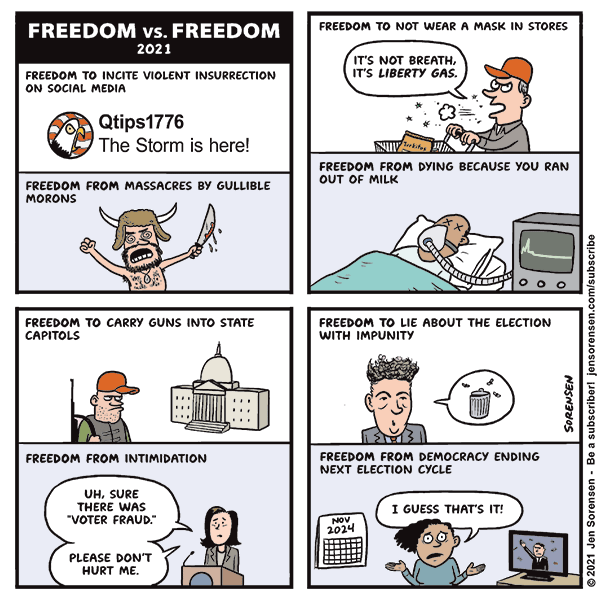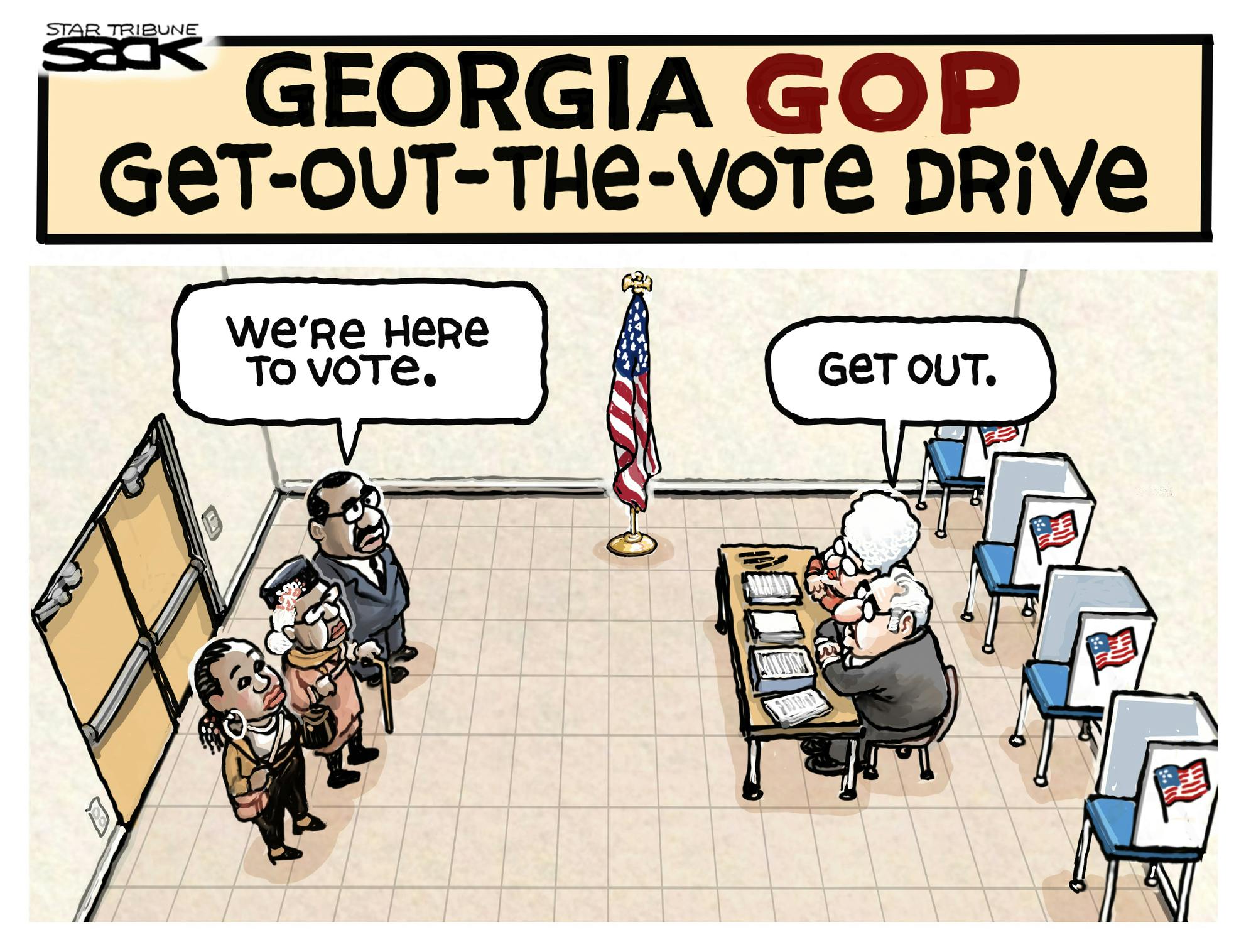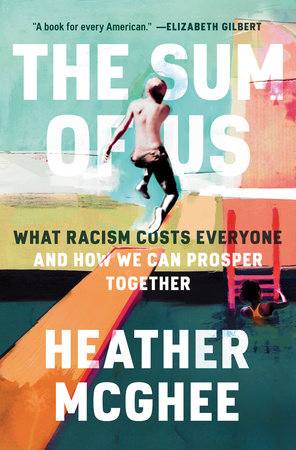Part 1 – From Trembling to Telling
Despite the bright pastels of the season, the story of Easter begins in the dark.
In the earliest morning hours when night has not yet given up the fight, Easter is born in confusion and uncertainty and bewilderment. For the friends and followers of Jesus, the story they thought was steady and indestructible had instead been shattered, and was lying all around them in a thousand pieces.
Jesus had been for each of them, life-changing. He was, we could say, a story breaker too. Meeting him, people would leave their jobs, their families – and follow him. He taught his students and friends to be keepers of a wild imagination, a bold and beautiful vision for a transformed world – a new “kingdom,” a Kingdom of God to use the language of his time.
When I try to imagine what Jesus was like, I think of those people in my life who have inspired me to make a big change – maybe you have a few in your life like this – people who, in encountering them – your life sets off in a whole new track.
These are people with so much charisma – but not in a superficial sense. That wouldn’t be enough. It’s more this deep, authentic integrity that exudes from them, an authentic warmth. There’s also something there that invites you into compassion, a depth of meaning. They are often incredible listeners – making you feel seen, and understood, and loved.
I think, Jesus must have been all of this, and so much more.
But then, suddenly, this amazing, life-changing person was just – gone.
Over a few days, Jesus had been tortured and killed by the oppressive state that many had hoped he’d come to end. He’d been treated not just without the dignity appropriate for who he was, but executed as if his life did not matter at all.
And so there, in the dark that was not yet day, Mary Magdalene, and Mary the mother of James, and Salome came to see their way through. These women who loved him – bravely, cautiously, tenderly – collected the pieces of their shattered story, and went to his tomb.
They brought spices and oils to anoint his breathless body. They came as soon as the sabbath broke, worrying the whole way how they would move the heavy stone that would block their way in. But when they got there, the stone was already rolled back. And there was a young man sitting there – still in the dark, with the light just beginning to grow they could barely see – who was he?
Had he moved the stone? Why?
They were scared, and confused – what was happening?
But the man told them, “Don’t be afraid. You came looking for Jesus, but he is not here” – and then he showed them the empty tomb.
Their spices heavy in their hands, none of this made sense. “He has been raised,” the man told them.
“Go and tell his other friends, his followers – tell everyone this story.” The women were shocked, confused, and afraid. The text says they were “trembling.”
And so they told no one. And they said nothing.
And that is the end of the Easter story in the Gospel of Mark.
We have three other versions of Jesus’ life, and death – three other gospels. But only Mark ends in silence and trembling. Mark was the first gospel to be written – and even that, 70 years after Jesus died. I imagine in those early days of fear and darkness, the words were slow to form, and the desire to just move on must have been strong.
It was all so confusing – his life, his death, the empty tomb- and even if they could make it make sense, who would believe them.
It was an impossible story, and as the days went on, even they started to wonder at the truth. Maybe best to try to forget it all, get back to regular life. Swallow all the sorrow, explain away every mystery.
As we’ve inched closer to the end of COVID’s grip, we find ourselves at a similar threshold. Still in the shadowy disorienting dark, not yet in the light, trying to make sense of death. Death from the virus, death on trial in Minneapolis, death in supermarkets and spas. Senseless, bewildering deaths.
Still, in the not too far off distance we can see something else beginning to rise. A new beginning, an opening to imagination – as Elaine urged last week.
I’ve heard some happy comparisons with the end of the last global pandemic, the Spanish Flu of 1918. Because on the other side of that illness were the roaring 20s! I am definitely for a future that includes more flapper dresses and jazz clubs.
And, what I also know about the days following the Spanish Flu, is that for a long time it was known as “the Forgotten Pandemic.” Even though it killed over 50 million people worldwide. Even though it struck young people so swiftly, you could be healthy at breakfast, and dead by the end of the day.
It was forgotten because world leaders were afraid that if we spoke too much about its impact, or counted the cases too intently, it might bring down morale for the war effort, or cause a panic that reduced partnership for a lasting peace.
And so in that threshold time, no stories of the illness were compiled, and no stories were told. People just – moved on. Think of how many knew grief, and loss – and yet without any collective telling, they didn’t have the strength, the space, they could only – go forward. Try to forget. Bring on the roaring 20s.
Two thousand years ago, one hundred years ago, today. Humans are masterful amnesiacs, especially after trauma, and harm. We hide from the truth and all the too-much that comes with it. Too much pain, or shame, or uncertainty. The stone is too heavy to roll back and set it free – and so we push it all down, push through, move on – as if silence could ever bring salvation.
When really, the mysterious young man at the tomb was right. We need to tell the story.
As theologian Serene Jones says: “With individual and collective trauma, the harm haunts you — haunts your dreams as an individual, haunts your collective unconscious as a society — until you tell the story; till you face the truth [of what has] happened.”
Humans need our stories in ways not too different than the ways we need food, or water, or love. Telling, and hearing each other in our stories does not induce fear or division, or cause more pain. Failing to hear and tell our stories does that.
And so before we push on to the light of day, we need to pause here. Pause to listen, and tell, and hear – slowly sorting out together the fullness, and the brokenness of our true stories.
We need to tell our lessons learned through loss, and we need to hear how it felt to carry fear so close, for so long.
We need to tell the shifts we saw in our priorities, and purpose, and we need to hear from teachers, ER nurses, bartenders, and grocery workers about being so-called “essential.”
We need to hear the trauma of white supremacy, which is not new – though some of our understanding is – and we need to hear our will to change.
We need to tell about zoom birthdays, and ICU Facetime calls, lapses in recovery and the apocalyptic ash that fell from the sky – and we need to hear our longing for touch, how deeply we miss the sounds of shared laughter, and the vibration of shared song.
Resurrection requires remembering. Resurrection requires telling.
Let us tell, and hear; heal, and rise.
Part 2 – From Grief to Morning
Instead of saying that Mary Magdalene, Mary, and Salome returned from the tomb and told no one, I might’ve instead said, they told no one else. Afterall, they had each other, and they had their own hearts. In those early days, in those private rooms and inner contemplation, they told, and re-told.
All of the texts describe Mary Magdalene in tears– often with reprimand by a (male) stranger “Why are you crying?”
My colleague Robin Bartlett imagines they must’ve left out the part of the story where she responds, “Why aren’t you?”
Clearly Mary Magdalene was not prone to emotional repression.
So, she and the other women surely turned the story around in their minds, and told it to each other – again and again, all the while beginning to understand more fully what they had experienced – in a phenomenon known as the “Self-Explanation effect,” as we tell stories to ourselves and to each other – even when we aren’t gaining any new actual knowledge, we learn.
In trying to explain the sequence of first this, then this, and now…we start to see the gaps in our story, the pieces that pain or trauma keep us from knowing, the parts we’ve held at bay because we just aren’t ready, and the ways pain often distorts our understanding, and causes us to create a more cohesive narrative than actually exists.
It’s one of the dangers in the human desire for story – the more uncertainty and disorientation we experience, the more likely we are to find patterns where there are none.
It helps explain the attraction of QAnon and other popular conspiracies today – in this time of incredible uncertainty and disorientation, we long for a story that pulls everything together. Even if that story isn’t actually real.
This danger is why we always need to seek out other ways of seeing – there are always so many different ways to tell a story. As with all of our stories this morning – and still so many stories are under-represented here, stories of immigrants, stories of those in prison, stories of those without homes, stories that are contradictory and complicated, stories of messy human realities not at all easily told in three sentences on Sunday morning.
We need to move from our individual stories into the collective story, asking what story has been suppressed, what others have been amplified, and refusing to flatten any of the diverse experiences in the ways of mono-culturalism or white supremacy.
One of my favorite things about Christian scripture is the way it refuses to resolve its own contradictions, and instead allows for the different versions to sit alongside each other.
As the story was told, and re-told across individuals and held in community – we find ourselves now with four gospels, plus the accounts from Paul – even Mark was given an update after some time, adding in lines to explain how the story traveled over time.
Serene Jones describes the move from individual storytelling into collective practice as the process of moving from a place of individually experiencing grief and loss, to a communal expression of mourning, where we can acknowledge the loss together.
Jones says that it is in the collective experience of mourning where we can “make sacred the pain, so that the rest of [our lives can be] transformed by it. [Individual and internalized] grief locks you in an eternal present, but mourning [in the context of community] allows the possibility of a future.”
In the 70 years between Jesus’ death and the first attempt to write the story down, something happened.
As Peter Stenfels writes, somehow “after Jesus was executed, his followers were galvanized from a baffled and cowering group, into people whose message about a living Jesus and a coming kingdom, preached at the risk of their lives, eventually changed an empire.”
No one knows exactly how this happened. But we can imagine that it has something to do with the way they kept telling the story. Turning it around, and around, turning grief into mourning – they came to understand that the most important truth was that Jesus was not gone – he was still with them. His compelling, transforming love still had a grip on them, and on their lives; he was still shaking loose their fragile stories and setting their lives on a new track –and what they came to understand was that this was the story they needed to live from, the story they needed to bring back to the very world that had tried to defeat Jesus.
A story of his endurance, a story of love having the final word, a story of healing, and hope, and repentance.
I’m guessing that wasn’t the word you thought I’d end with. Repentence! At its root, repentance – something Jesus calls for often in scripture – simply means – stopping in your tracks and turning in a different direction. It’s the shattered story that is rebuilt in surprising ways, held in community and in courageous love.
At this threshold moment, in the still unresolved dark – we too must tell the story – not just one time, but over, and over again – the story of our year, our country, our lives – stories of upheaval and harm and loss; stories of resilience and repair and rebirth -reckoning with truth in the greatest possible sense- the pain we’ve experienced, and the pain we’ve caused, the culture of death we’ve learned to survive, and the vision of life that still compels us to stop in our tracks and turn in a whole new direction. Turning grief to mourning, and turning us all towards the tough love that brings us into the light of the dawning day.







